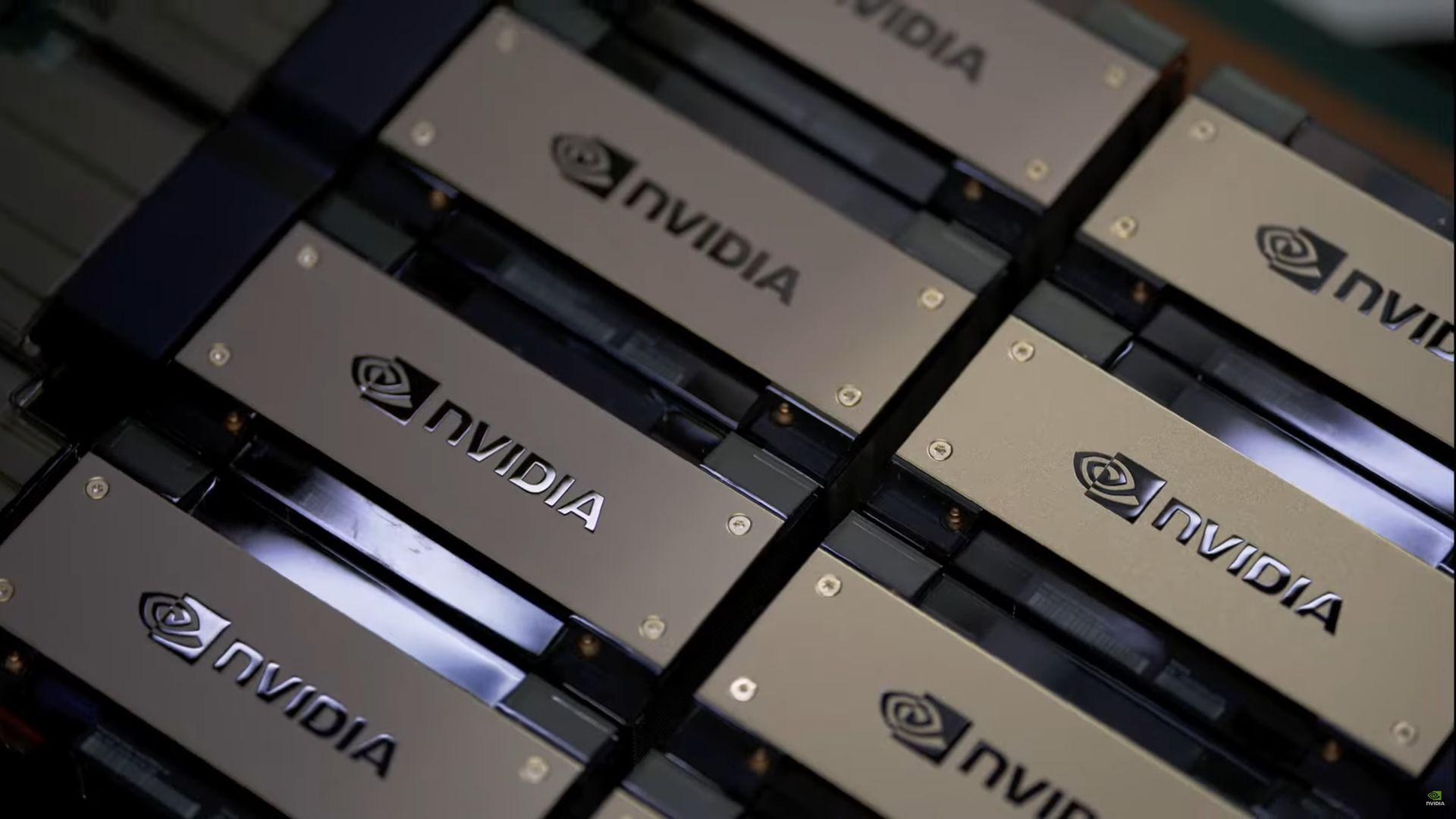China is intensifying efforts to reduce reliance on U.S. technology by discouraging domestic firms from purchasing artificial intelligence (AI) chips made by Nvidia.
According to a report from Bloomberg, Chinese regulators have issued informal guidance, pressuring companies to avoid Nvidia’s H20 chips, which are designed to comply with U.S. export restrictions.
The move is part of China’s broader goal of advancing technological self-reliance in the AI and semiconductor sectors.
Steering away from Nvidia’s H20 chips
Although the Chinese government hasn’t officially outlawed Nvidia’s H20 chips, its “window guidance” effectively steers firms toward local alternatives.
Companies are encouraged to purchase AI chips from domestic manufacturers like Huawei and Cambricon, echoing a similar move earlier this year when Chinese electric vehicle makers were urged to prioritize homegrown technology.
China’s bold play for semiconductor independence
China’s quest for semiconductor self-sufficiency is rapidly gaining momentum, with a target of 70% domestic production by 2025. Massive investments, including a $47 billion semiconductor fund, are fueling this drive.

Already, companies like Huawei and ChangXin Memory Technologies are delivering competitive alternatives to Nvidia’s chips, making strides in high-bandwidth memory and AI accelerators.
Nvidia’s China revenues take a hit
Nvidia’s business in China has been shrinking since the U.S. government banned exports of its top-tier chips like the A100 and H100 in 2022.
In response, Nvidia developed the less powerful H20 chip, but the Chinese government’s recent push could further hurt its sales. Nvidia’s revenue from China has already dropped from 24.6% in early 2022 to just 12.2% by mid-2025.
Shifting AI chip market
As China doubles down on building its own AI chip capabilities, the global tech landscape is beginning to shift. With domestic giants like Huawei stepping up with competitive products, the balance of power in the AI chip market may increasingly tilt away from U.S. companies like Nvidia.
Featured image credit: Maxence Pira/Unsplash






